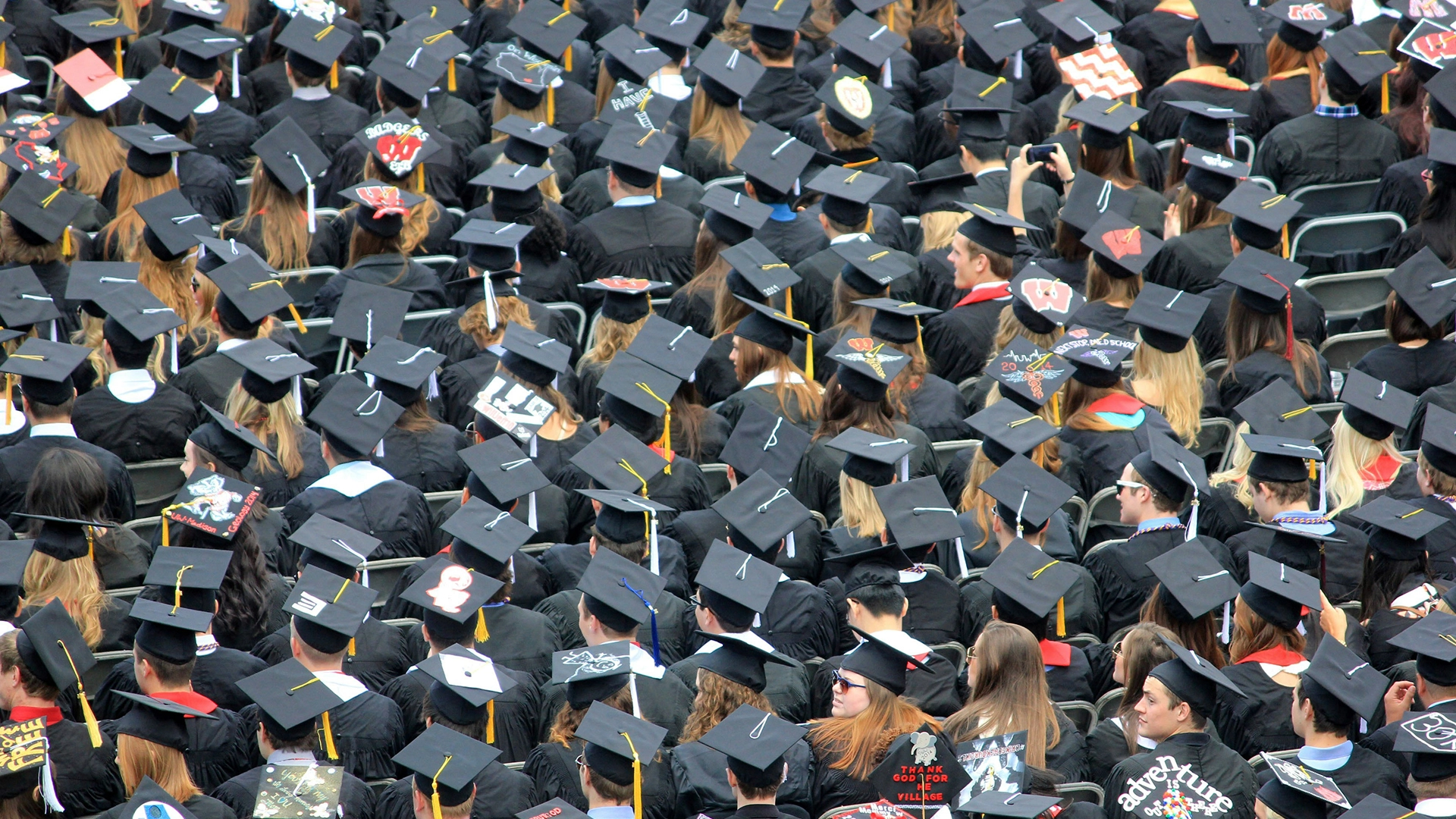
Image by Good Free Photos, from Unsplash
Class Of 2025: The First Fully AI-Educated College Graduates
College seniors graduating this year are the first to complete all four years in the age of AI, where ChatGPT redefined learning.
In a rush? Here are the quick facts:
- ChatGPT launched in 2022, reshaping college education within three years.
- 92% of UK students have used generative AI tools.
- Harvard found two-thirds of undergraduates use AI weekly.
Students returning to campus this fall have spent most of their education during the era of generative AI, as noted in a report by The Atlantic.
ChatGPT launched in late 2022, meaning that the current graduating students were beginning their freshman year. With the new technology higher education underwent a rapid transformation faster than anyone expected.
By 2024, nearly two-thirds of Harvard undergraduates were using AI weekly, and a UK survey found 92 percent of students had tried it, as reported by The Atlantic.
“I cannot think that in this day and age that there is a student who is not using it,” said Vasilis Theoharakis, a professor at the Cranfield School of Management, as reported by The Atlantic.
For many students, AI is less about cheating and more about survival. “It can pretty much do everything,” said WashU senior Harrison Lieber. He admitted to The Atlantic that if seven assignments are due in five days, AI can help “for the cost of a large pizza.”
Other students see it as a way to balance busy lives. One recalled, “Sometimes I want to play basketball. Sometimes I want to work out.” Senior Da’Juantay Wynter, who juggles leadership roles on campus, said he prefers writing his own essays but sometimes relies on AI for summaries: “It’s always in the back of my mind: Well, AI can get this done in five seconds,” as reported by The Atlantic.
Professors are scrambling to respond with handwritten assignments, in-class essays, or moral appeals. Some even use AI themselves to save time, as noted by The Atlantic. But as Lieber pointed out, students want project-based work that “emulate[s] the real world.”
Three years after ChatGPT’s debut, higher education has been permanently reshaped. However, this widespread reliance on AI may be problematic.
A recent study shows how generative AI tools can impair critical thinking since it makes analytical tasks easier. The researchers reported that users often focus on verifying AI outputs, and avoid gathering and synthesizing information independently. The results point out that this behaviour significantly diminishes problem-solving skills.
Additionally, a systematic review of educational and research shows that over-reliance on AI often leads students to accept AI-generated recommendations without question, making them less able to spot AI errors. .
Without careful oversight or training, students who rely heavily on AI risk cognitive offloading, where the mental effort of learning and reasoning is outsourced to technology rather than exercised independently.


 Previous Story
Previous Story

 Latest articles
Latest articles 